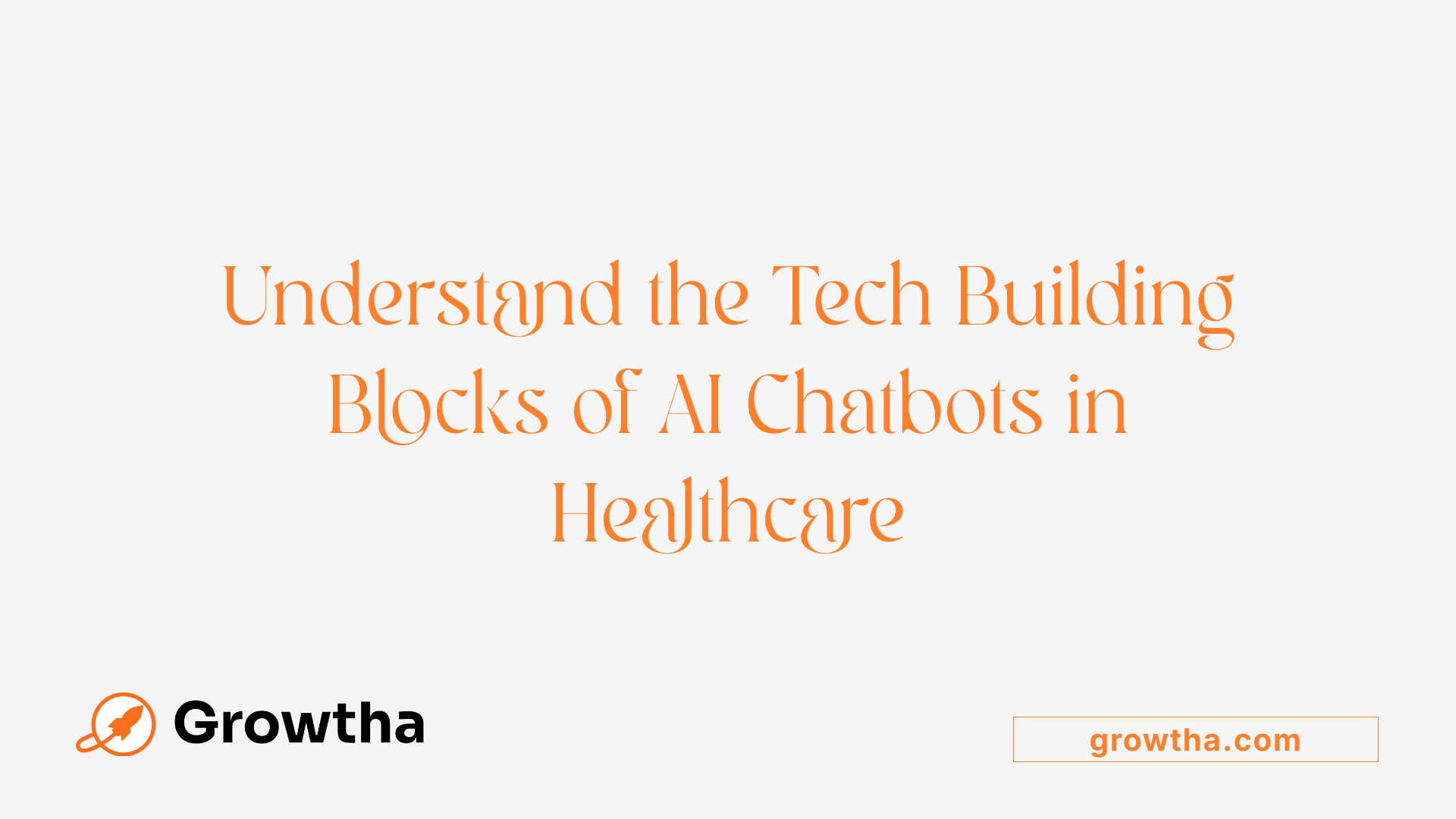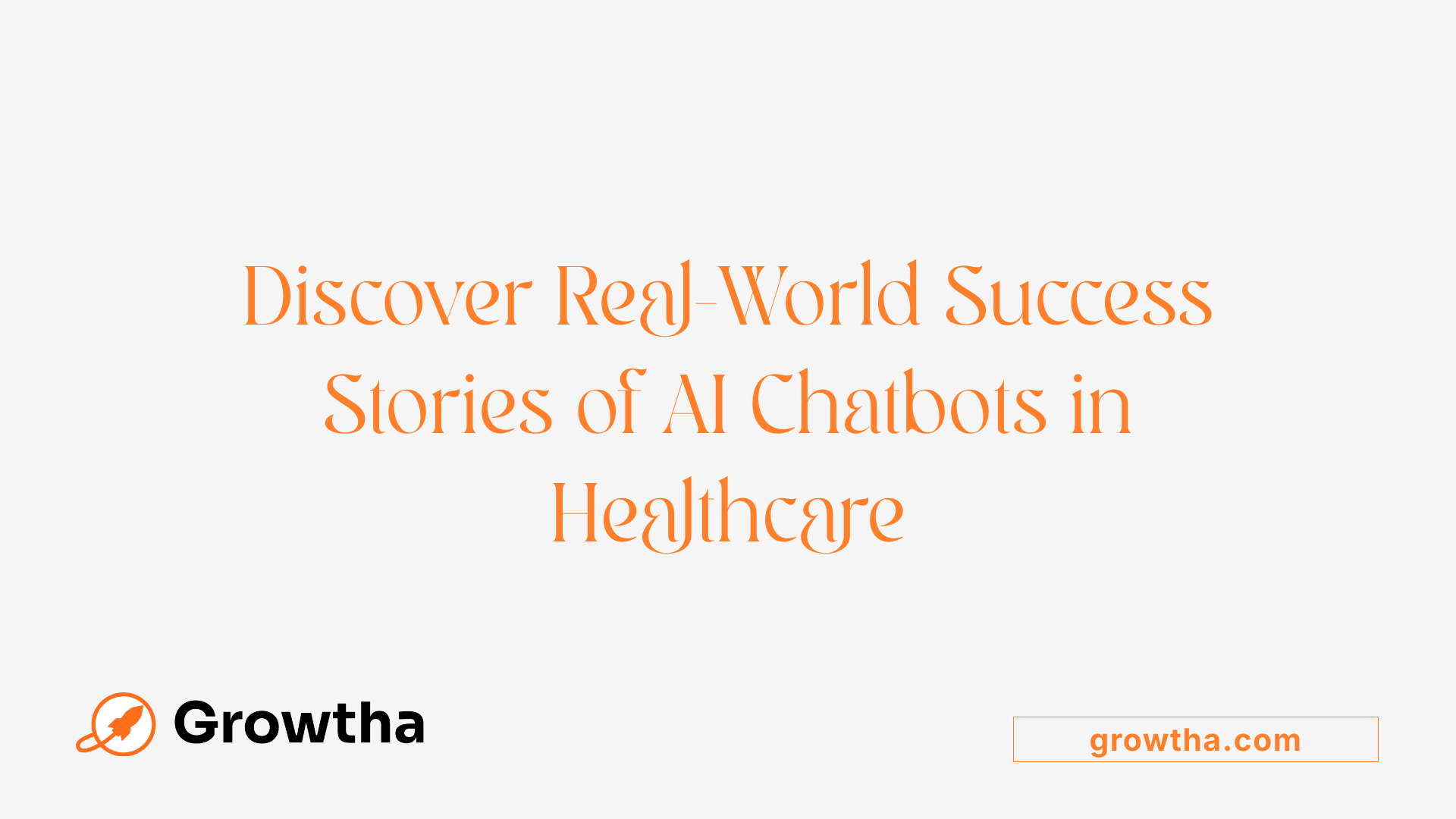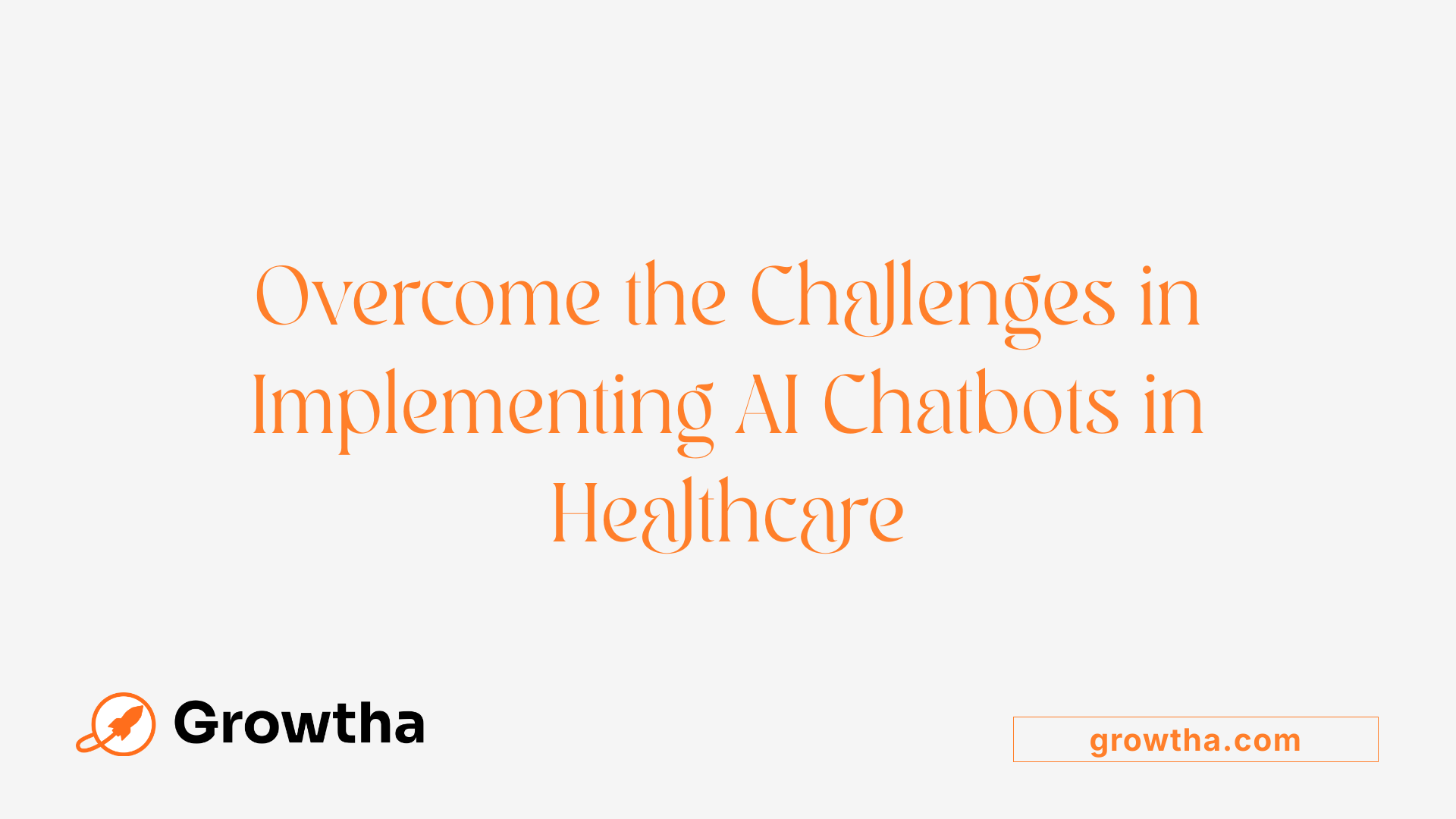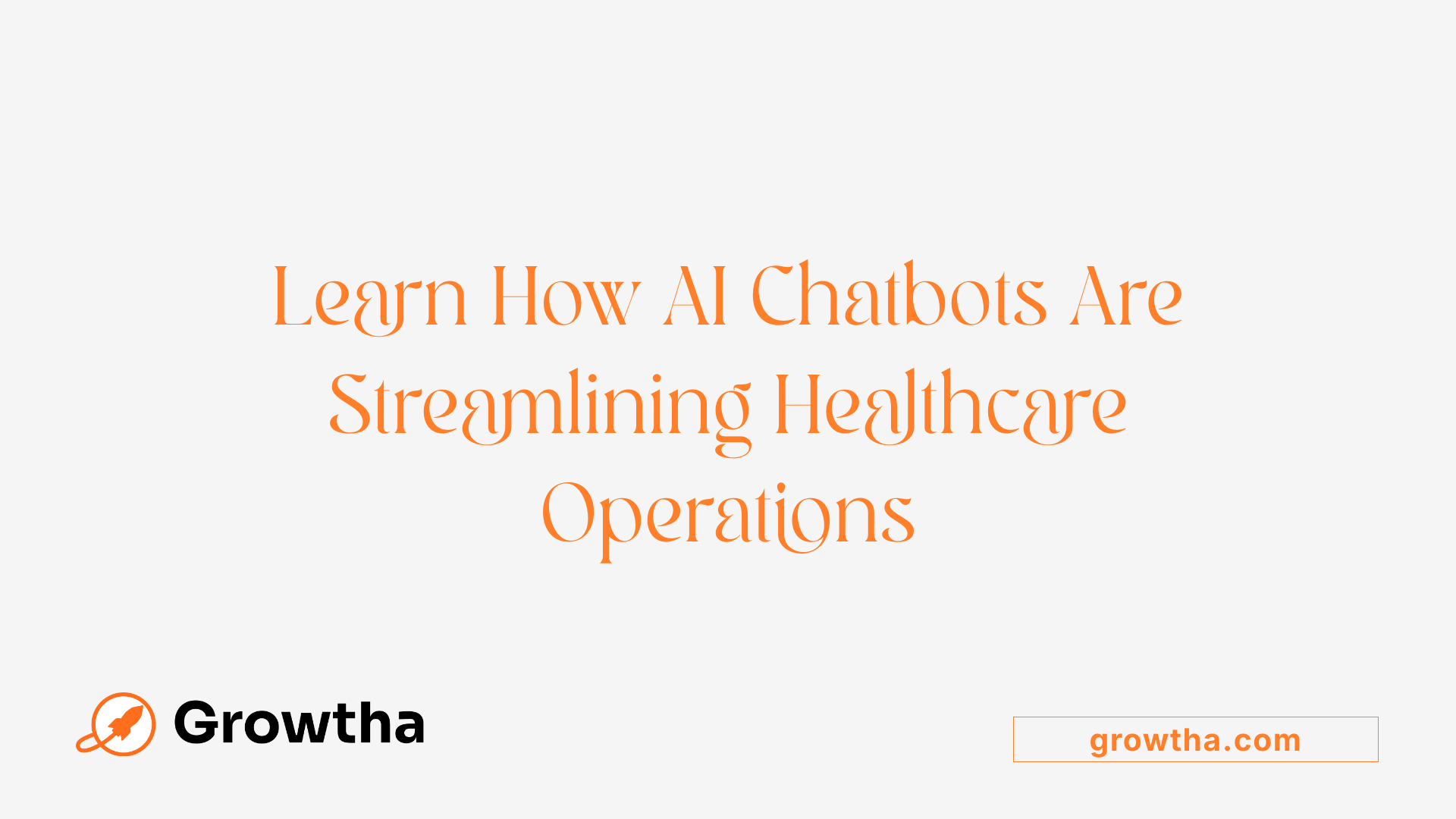The integration of AI-powered chatbots into healthcare systems is radically transforming how providers and patients communicate, streamline operations, and deliver care. As technology advances and adoption grows, these virtual assistants are becoming pivotal in making healthcare more accessible, efficient, and personalized. This article explores the functionalities, applications, benefits, challenges, and future trends of using AI chatbots to enhance healthcare communication.
AI-powered chatbots are transforming the way healthcare providers and patients communicate. These virtual assistants offer immediate, round-the-clock access to vital health information, making it easier for patients to get answers to common medical questions, schedule appointments, or receive medication reminders without waiting for human intervention.
This constant availability not only reduces patient wait times but also ensures continuous engagement, especially critical for chronic disease management and remote monitoring. Chatbots can assess symptoms through guided questions, help prioritize urgent cases, and facilitate virtual consultations—integrating smoothly with telemedicine platforms.
They streamline administrative processes by handling billing inquiries, sending medication notifications, and collecting patient feedback. This automation reduces the workload on healthcare staff, allowing them to dedicate more time to complex cases. Patients benefit from a nonjudgmental, accessible platform to discuss sensitive issues like mental health, thereby increasing their comfort and trust in the healthcare system.
Employing sophisticated technologies such as Natural Language Processing (NLP) and system interoperability, AI chatbots deliver personalized and accurate interactions. These advancements foster clearer, more effective communication, ultimately enhancing patient satisfaction and health outcomes.
The effectiveness of AI chatbots in healthcare hinges on advanced technologies including Natural Language Processing, Machine Learning, Deep Learning, and Speech Recognition. NLP allows chatbots to understand and interpret patient queries in natural language, enabling smooth, human-like conversations.
Machine Learning and Deep Learning algorithms help these systems learn from interactions, continuously improving their responses and understanding of complex medical inquiries. Speech Recognition enhances usability by converting verbal questions into text for analysis.
Sentiment Analysis enables chatbots to gauge patient emotions, offering empathetic responses—particularly important in mental health support. Contextual Awareness ensures the system maintains relevant dialogue based on previous interactions.
Cloud computing resources allow AI chatbots to process large datasets securely and efficiently, supporting integration with electronic health records (EHRs) and other healthcare IT systems.
For AI chatbots to be truly effective, seamless integration with existing healthcare infrastructure is vital. Many chatbots are connected with EHRs, enabling them to access patient histories and offer tailored advice.
They also interface with appointment scheduling systems, telemedicine platforms, wearable devices, and insurance databases to streamline workflows and provide comprehensive care.
Such integration facilitates real-time data collection and remote patient monitoring, allowing healthcare providers to intervene promptly if health issues arise.
Aspect Integration Area Benefits Examples Data Access Electronic Health Records Personalized care and accurate information Sensely, Ada Health Appointment Management Scheduling systems Reduced wait times and no-shows Florence, Buoy Health Remote Monitoring Wearable Device Data Early intervention and better chronic disease management Biofourmis, DeepMind Streams Telemedicine Virtual consultation platforms Enhanced patient experience TytoCare, NHS Telehealth
AI chatbots in healthcare are continuously evolving, combining technological advancements and system integration to improve communication efficiency, patient satisfaction, and overall care quality.
AI chatbots are revolutionizing patient care and healthcare management by offering a wide array of advantages. One of the most significant benefits is improved patient engagement and experience. These chatbots are available around the clock, providing instant responses to patient inquiries, which greatly reduces wait times and helps alleviate pressure on healthcare services like the NHS.
By supporting patient-centered care, AI chatbots assist in delivering personalized health information, guiding patients through symptom checks, appointment scheduling, medication reminders, and follow-up care. Their advanced natural language processing (NLP) capabilities foster more natural and meaningful interactions, increasing patient satisfaction and health literacy.
Operational efficiency is another major benefit. Automation of routine tasks such as booking appointments, collecting patient data, and assisting with medication management significantly reduces administrative burdens. This efficiency not only cuts costs—projected to save healthcare providers around USD 3.6 billion annually by 2025—but also optimizes resource utilization, enabling staff to focus on complex clinical cases.
Furthermore, AI chatbots enhance healthcare accessibility and promote health equity. They serve underserved populations, including those with chronic illnesses, mental health concerns, or limited access to traditional healthcare settings. By supporting remote monitoring, virtual consultations, and multilingual communication, chatbots help bridge gaps in healthcare delivery, ensuring broader reach.
Despite some challenges like user trust and system limitations, the ongoing development of AI technology supports an optimistic outlook. Chatbots continue to evolve, promising better diagnostics, personalized interventions, and more inclusive healthcare services. Overall, AI chatbots are a vital tool in transforming healthcare into more efficient, accessible, and patient-friendly systems.

AI chatbots in healthcare are versatile tools that significantly improve patient communication and operational efficiency. Their functionalities span various aspects of patient care, including appointment management and reminders. These chatbots can schedule, reschedule, and confirm appointments automatically, reducing wait times and no-shows. They also provide timely reminders for medication intake, upcoming consultations, and health check-ups, helping patients stay compliant with their treatment plans.
One of the core applications is symptom checking and triage. Using Natural Language Processing (NLP), chatbots analyze patient-reported symptoms, guiding them toward appropriate care levels or suggesting next steps, which can reduce unnecessary hospital visits and ensure timely intervention. Additionally, AI chatbots facilitate remote patient monitoring and virtual consultations by collecting real-time health data from wearable devices, enabling physicians to track patient health outside clinical settings and conduct virtual assessments effectively.
Medication management and health education are other vital uses. Chatbots remind patients to take prescribed medicines, provide detailed information about medications and side effects, and educate users on managing chronic conditions or adopting healthier lifestyles. This ongoing engagement fosters better health outcomes and patient empowerment.
Furthermore, administrative automation is a key benefit. Chatbots streamline data collection, handle insurance inquiries, process billing, and assist with administrative tasks like submitting necessary documents, which saves time and reduces human error.
These capabilities make AI chatbots invaluable in modern healthcare, supporting everything from routine patient interactions to complex care management, ultimately leading to improved patient satisfaction, lower operational costs, and more accessible health services.
Functionality Application Examples Additional Details Appointment Management Scheduling, Confirmations, Rescheduling Automates calendar updates and sends reminders Symptom Checking & Triage Initial assessment, Care recommendations Uses NLP to understand symptoms and prioritize care Remote Monitoring & Virtual Consultations Data collection from wearables, Telemedicine guidance Facilitates early intervention and continuous care Medication Management & Education Reminders, Educational content Supports adherence and understanding of treatments Administrative Automation & Data Collection Insurance inquiries, Record updates Reduces manual administrative workload
As these technologies evolve, advanced AI models like GPT and BERT further enhance diagnosis accuracy, report generation, and mental health support. Integration with health systems such as Electronic Health Records (EHRs) and wearable devices improves real-time data sharing and personalized care. While benefits are significant, addressing challenges like data privacy, trust, and system interoperability is vital for wider adoption and safe use.

AI chatbots are built on a foundation of sophisticated AI and machine learning technologies, which enable them to simulate human-like conversations and understand complex medical inquiries. Natural Language Processing (NLP) allows these chatbots to interpret and respond to patient questions in a natural and intuitive manner, whether through text or voice.
Machine Learning (ML) and Deep Learning techniques further enhance the chatbot’s ability to learn from interactions, improving accuracy over time. Speech recognition technology converts spoken language into text, enabling voice-activated interactions, while sentiment analysis helps the chatbot gauge the emotional state of the user for more empathetic responses.
Integration with healthcare systems is essential for streamlined workflows. AI chatbots connect with Electronic Health Records (EHRs), appointment scheduling tools, telemedicine platforms, and pharmacy systems via APIs and cloud infrastructures. This interconnectivity allows them to provide personalized medication information, support remote patient monitoring, and assist with administrative tasks such as booking and reminders.
These systems operate across multiple platforms—web, mobile, and voice assistants—broadening access and usability. During development, healthcare providers and engineers focus on designing conversational pathways that are both personalized and secure, with a strong emphasis on data privacy adhering to standards like GDPR and HIPAA.
Recent advancements, including generative AI models like GPT and BERT, have dramatically improved the contextual understanding and responsiveness of these chatbots. These models support complex diagnostic reasoning, report generation, and mental health interventions, making AI-powered assistants increasingly effective and scalable in healthcare settings.

AI chatbots are transforming healthcare delivery through diverse applications, from improving patient access to streamlining hospital operations. One notable example is UCSF Health’s Sensely virtual assistant, which helps triage patients by assessing symptoms and directing them to appropriate care pathways. This system reduces wait times and enhances patient engagement.
Another significant case is UCHealth’s Livi chatbot, which provides patients with general health information, appointment management, and support for various medical inquiries. These chatbot solutions are part of a broader trend toward integrating AI into everyday health services.
Symptom assessment tools like Symptomate utilize AI to analyze patient-reported symptoms and recommend next steps, whether self-care or seeking medical attention. This proactive approach helps manage workload and directs resources more effectively.
AI is also making an impact beyond chatbots in diagnostics. For instance, PathAI leverages AI to improve pathology analysis, aiding in accurate cancer diagnosis and personalized treatment planning. IBM Watson’s AI system synthesizes patient data to suggest tailored cancer therapies, showcasing AI’s role in precision medicine.
Operational efficiency is being achieved through AI systems like Olive AI, which automates administrative tasks such as appointment scheduling, billing, and patient data management. These solutions help reduce backlogs, cut costs, and free up healthcare staff for more complex patient care.
Together, these case studies illustrate how AI-powered chatbots and related AI tools are revolutionizing healthcare. They enhance diagnostic accuracy, improve patient engagement, streamline administrative workflows, and support innovative research, ultimately leading to better health outcomes.

Implementing AI chatbots in healthcare systems introduces several significant hurdles. First, concerns surrounding data privacy and security are paramount. Medical information is highly sensitive, and any breach can have serious legal and ethical consequences. Ensuring compliance with stringent regulations like HIPAA in the United States or GDPR in Europe is essential but often complicated.
Second, technical limitations can impair performance. AI algorithms, particularly in natural language processing, may struggle with understanding complex medical terminology or nuanced patient expressions. This can result in inaccuracies or misdiagnoses, risking patient safety.
Third, integrating these systems with existing healthcare infrastructure, such as Electronic Health Records (EHRs) and telemedicine platforms, is often complex and costly. High initial investments and ongoing maintenance may be barriers for many providers.
User acceptance also presents challenges. Patients and healthcare providers might exhibit skepticism towards AI, especially regarding trust and reliance. Overconfidence in chatbots' abilities can lead to patients neglecting professional medical advice, while reluctance or unfamiliarity may hinder effective utilization.
Furthermore, societal issues such as inequity in access to digital technologies can exacerbate health disparities. Not all populations have equal access to high-speed internet or digital health tools, limiting the reach of AI chatbot benefits.
Addressing these barriers requires a multifaceted approach. Robust security measures, transparent AI systems, ongoing training, and clear regulatory guidelines are vital. Human oversight must complement AI to ensure patient safety and maintain trust.
In summary, while AI chatbots hold great promise for transforming healthcare, deploying them widely involves navigating technical, legal, societal, and ethical challenges to ensure they serve all patients effectively and safely.
AI chatbots are increasingly transforming how healthcare services are delivered, creating both opportunities and challenges for society. These digital assistants enhance access to medical information and communication, especially in remote or underserved communities. They enable patients to consistently access personalized health support, medication management, and mental health resources, which can lead to better health outcomes and increased health equity.
The widespread adoption of chatbots also streamlines administrative tasks, reducing workload and operational costs for healthcare providers. Automating appointment scheduling, follow-up reminders, and triage processes allows physicians and staff to focus more on direct patient care. This efficiency can help mitigate staff shortages and improve overall healthcare delivery.
Future advancements include integrating chatbots with wearable health devices, allowing for real-time monitoring and early detection of health issues. AI technologies like predictive analytics will support managing chronic diseases, assist in preventative care, and improve diagnostics. Personalized patient education and remote consultations will become more sophisticated with ongoing AI progression.
Despite these benefits, significant ethical and privacy considerations remain. Safeguarding sensitive health data from breaches, ensuring transparency in AI decision-making processes, and addressing potential biases in algorithms are paramount. Maintaining the human element in patient interactions is also vital to prevent over-reliance on automated systems.
Emerging innovations in AI, such as generative models like GPT and BERT, continue to enhance report generation, diagnostic accuracy, and mental health support. These technologies can analyze vast data sets from wearable sensors, electronic health records, and other sources, culminating in early intervention strategies.
In conclusion, AI chatbots are likely to foster a more efficient and equitable healthcare landscape. However, realizing their full potential depends on careful regulation, ongoing research, and a balanced approach that safeguards ethical standards and respects patient trust.

AI chatbots are transforming healthcare by automating routine communication and administrative tasks. They handle appointment scheduling, patient triage, medication reminders, and answering common medical questions without the need for human intervention. This automation frees up time for healthcare providers, allowing them to focus on more complex and personalized patient care.
By providing 24/7 support, chatbots ensure patients have access to health information and assistance anytime, which accelerates decision-making and reduces waiting times. They seamlessly integrate with electronic health records and wearable devices, enabling real-time data collection and early detection of health issues. This integration supports quicker diagnoses and timely interventions.
Furthermore, AI chatbots support clinical workflows by automating documentation, streamlining patient data management, and reducing errors. This not only enhances the accuracy of health records but also improves overall efficiency within healthcare facilities.
In summary, AI chatbots enhance operational efficiency by automating routine communication, facilitating faster data sharing, improving patient engagement, and supporting healthcare providers with timely information. These improvements lead to reduced costs, shorter wait times, and better health outcomes.
AI-powered chatbots are revolutionizing healthcare communication by making it more efficient, accessible, and personalized. While challenges around privacy, trust, and system integration remain, ongoing technological advancements and strategic implementation are paving the way for smarter, more responsive healthcare systems. As these virtual assistants become more sophisticated and embedded within broader health ecosystems, they hold the promise of not only improving operational efficiency but also saving lives through early detection and continuous monitoring. The future of healthcare communication is undoubtedly intertwined with the evolution of AI chatbots, heralding a new era of patient-centered, data-driven medical care.